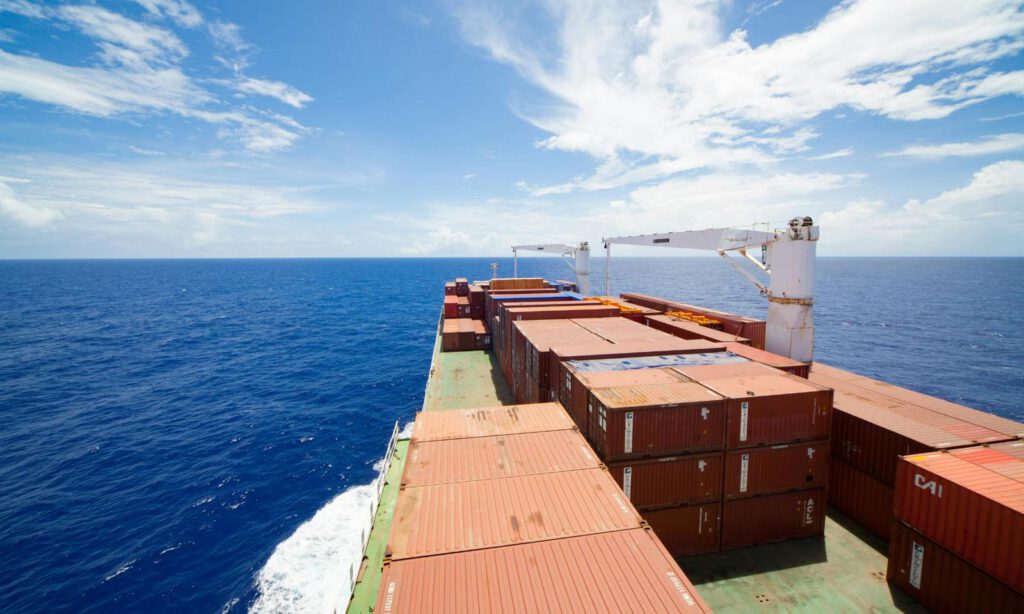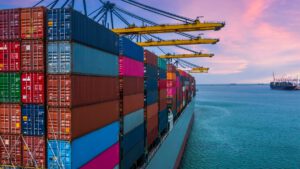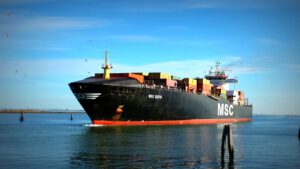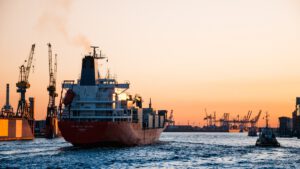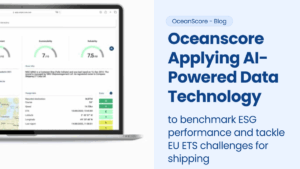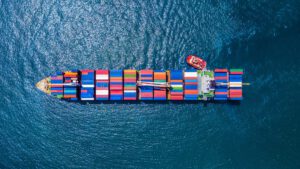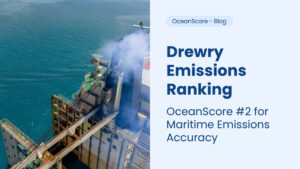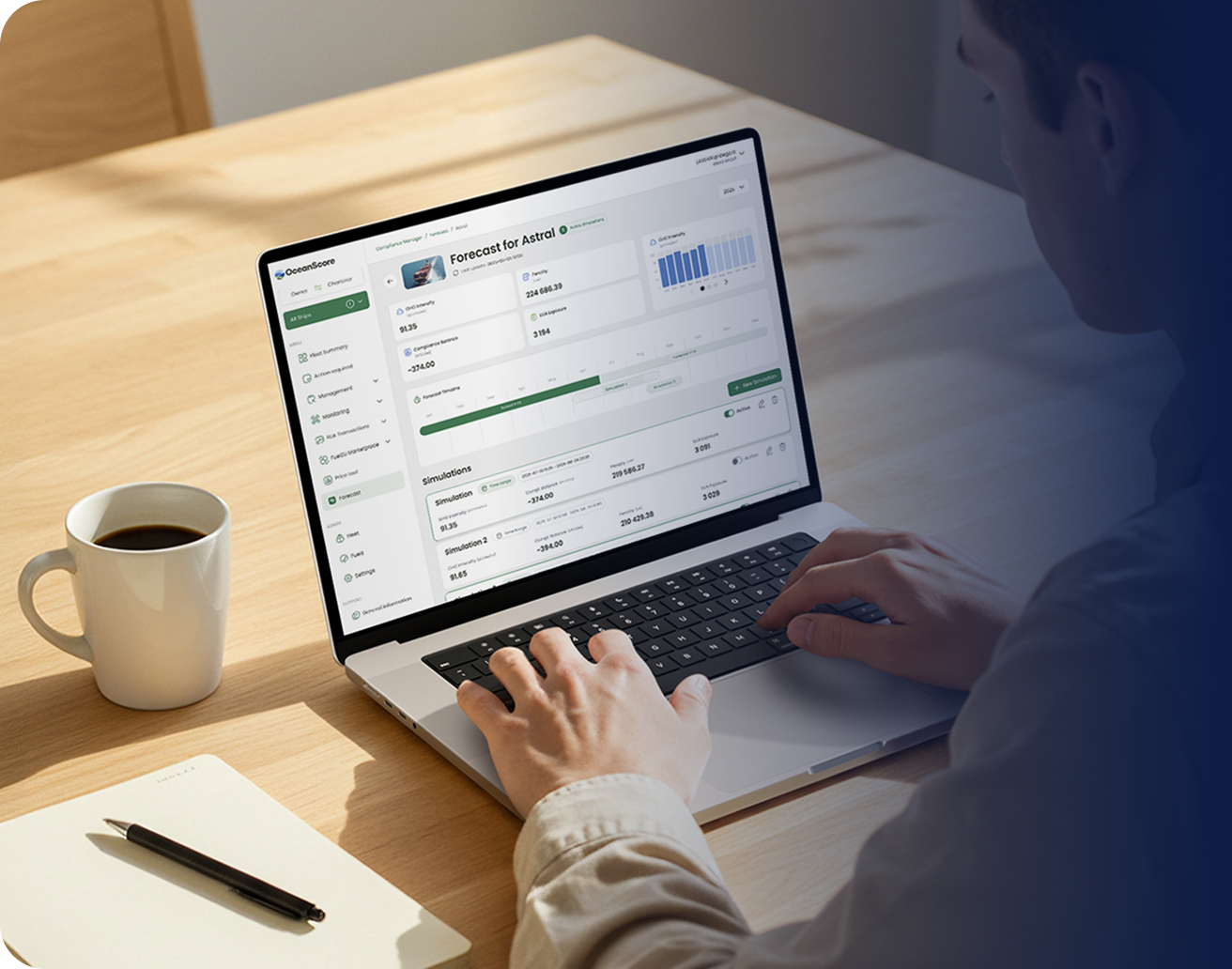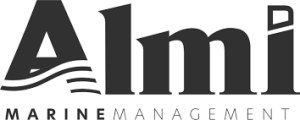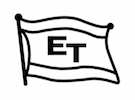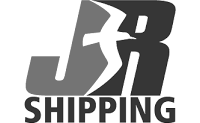Global trade is rapidly shifting toward net-zero, and it’s up to freight forwarders to determine what the future of the supply chain looks like. As regulations evolve and customer expectations grow, companies shipping cargo are increasingly demanding accurate emissions reporting. This shift requires freight forwarders to go beyond traditional estimates and tap into near-actual emissions data on ocean freight.
It’s not just about compliance anymore; it’s about offering your customers the right information to reduce their carbon footprint, selecting lower-emission carriers, and ensuring that decarbonization efforts lead to real progress.
The Current State of Emissions Reporting
Today, emissions reporting largely relies on static emissions factors that don’t account for voyage-specific variables. Each ocean shipment is unique, and its carbon footprint depends on various factors, such as:
- Vessels differ in size, age, and efficiency
- Routes vary by distance and conditions
- Operational factors like speed and fuel type significantly impact emissions
Despite these variations, standard industry calculations often use uniform emissions factors across all shipments. This “one-size-fits-all” approach produces generic estimates rather than providing accurate measurements.
For example, a vessel traveling through rough weather at high speed will produce substantially different emissions than one on a smooth route at eco-speed. However, traditional methods would calculate them identically. As sustainability becomes a core business concern, this generic approach no longer meets the needs of the market.
Why This Is No Longer Enough: Technological Advances Enable Better Measurement
The reliance on generic estimates is becoming obsolete thanks to modern technology that provides unprecedented visibility into voyage specifics:
- Real-time vessel tracking captures precise data on distances sailed, speeds maintained, and weather conditions encountered
- Detailed vessel characteristic databases account for vessel class, age, and technical specifications
- Advanced algorithms can integrate multiple data sources to calculate voyage-specific emissions with far greater accuracy
While direct emissions reporting from vessels would be ideal, practical challenges remain. Not all vessels have standardised reporting systems, data quality varies significantly, and transparency is often limited. The most effective approach combines vessel-reported data, where available, with advanced modelling that accounts for voyage-specific variables.
Why Freight Forwarders Need Precision in Emissions Tracking
For freight forwarders, accurate emissions data is becoming an essential tool for service differentiation. By moving away from static emissions factors and adopting voyage-specific insights, forwarders can offer:
More Sustainable Carrier and Route Selection
Not all shipment methods are equal. Some, due to route, vessel efficiency, speed, and fuel type, produce far less in emissions than others. With access to sound data, freight forwarders can enable:
- Comparing carriers and vessel routes with real, not estimated, emissions.
- Supporting customers to choose lower emissions transport options without increasing costs.
Freight forwarders strengthen relationships with cargo owners by offering data-backed sustainability options that help reduce environmental impact.
Providing Customers with Verified Emissions Data
More shippers are setting decarbonization goals, and they need freight forwarders to get accurate data to monitor their progress. Providing customers with near-actual emissions data enables them to:
- Measure and report emissions with confidence
- Ensure that offsets and reduction efforts are based on precise calculations
- Demonstrate progress toward sustainability targets to stakeholders and investors
Forwarders who provide transparent emissions reporting position themselves as strategic partners for companies with ambitious sustainability goals.
Supporting Industry-Wide Net-Zero Goals
Freight forwarders are key players in the shift toward decarbonised ocean freight. Accurate data doesn’t just help individual companies—it enables better decision-making across the industry. By using near-actual emissions data, forwarders contribute to:
- More efficient supply chains by cutting out high-emission routes
- The adoption of cleaner fuels through demand-driven incentives
- A standardised, data-driven approach to emissions reduction in ocean freight
The transition to net-zero shipping depends on accurate measurement. Freight forwarders who invest in real emissions data both support this transition and enhance their role in sustainable global trade.
How OceanScore’s CargoFP Empowers Freight Forwarders
OceanScore’s CargoFP provides freight forwarders with precise, voyage-specific emissions data on ocean freight. Rather than broad estimates, CargoFP delivers:
- Route-specific emissions tracking
- Fuel-based calculations benchmarked from reported data.
- Transparent, data-driven insights for shippers
With CargoFP, freight forwarders can:
- Provide customers with the most accurate emissions reporting available
- Empower clients to make informed, low-emission shipping choices
- Position themselves as leaders in sustainable logistics
The Future of Freight Forwarding is Data-Driven
Freight forwarders who adopt near-actual emissions tracking will lead the industry in reducing ocean freight emissions. As customers demand greater transparency, organisations offering precise emissions insights will become the preferred partners for sustainable global trade.
Learn more about how CargoFP supports freight forwarders to deliver accurate emissions data here.

